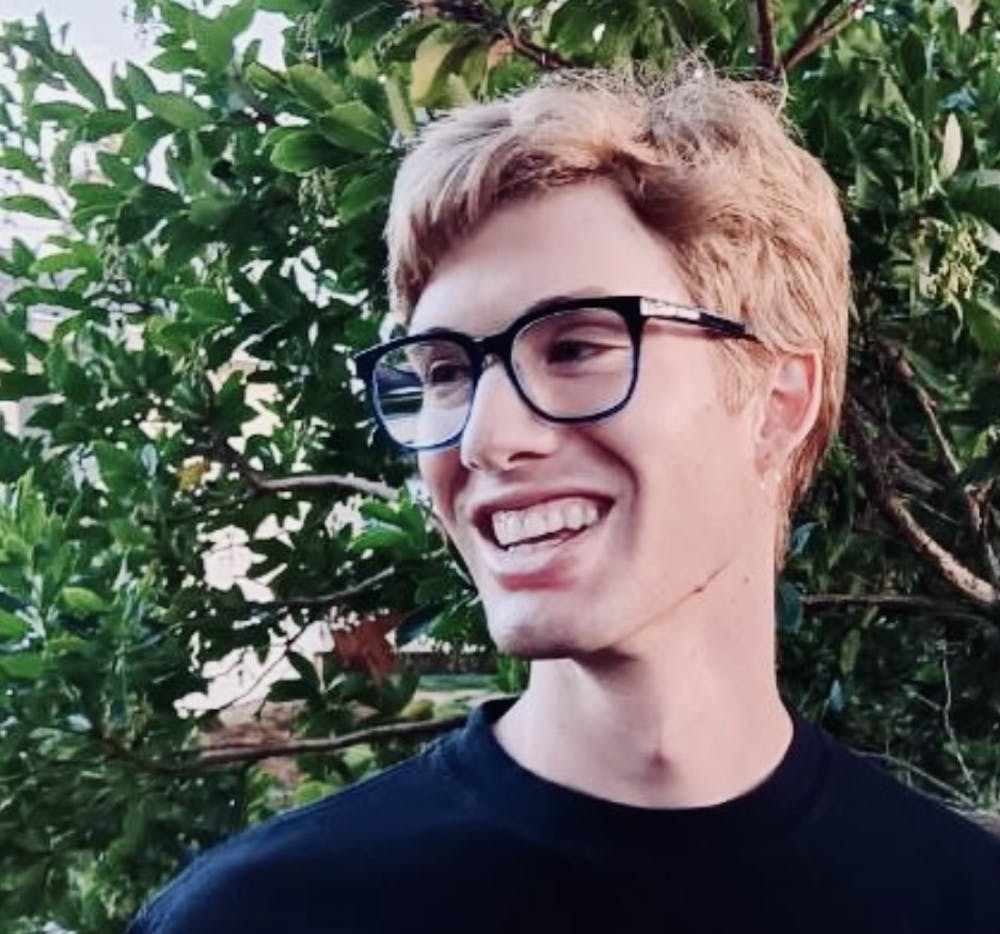On Monday, March 25, the student organization Voice for Life invited Monica Snyder, the executive director of the organization Secular Pro-Life, to give a talk titled “Deconstructing 3 Pro-Choice Myths.” For an example of a human rights organization outlining facts around abortion and reproductive care, see Amnesty International.
On Sunday, March 24, an email was sent out to all students inviting them to this presentation, underlining that this talk demonstrated “openness to fresh and other perspectives'' and that the University is a space where “interfaith and intergroup dialogue is expected and supported.” I’m not convinced that inviting the director of an anti-abortion organization to give a talk reinforces the university’s “openness to fresh and other perspectives.”
If the university is truly interested in “interfaith and intergroup dialogue” on this particular topic, I’d suggest also extending an invitation to organizations that advocate for the right to comprehensive reproductive care (which includes abortion) and the bodily autonomy of folks with uteruses. The non-profit Catholics for Choice springs to mind as one that could offer an interesting and fresh perspective on the topic. There are many other public health and human rights organizations to choose from.
Whether or not you believe abortion to be morally valid shouldn’t even be the question here — there is a stark difference between saying "I believe abortion is wrong, therefore I won’t undergo the procedure” and “I believe abortion is wrong, therefore I will actively fight to limit everyone’s right to choose what happens to their body.” Believing that abortion is immoral does not give you the right to restrict others’ bodily autonomy and access to comprehensive and safe reproductive care.
The World Health Organization clearly states that “lack of access to safe, timely, affordable and respectful abortion care is a critical public health and human rights issue.” Abortion and reproductive care is a women’s rights issue and a human rights issue. The Office of the United Nations High Commissioner for Human Rights highlights that restricting abortion access puts millions of people at risk and is also a violation of international human rights law.
You have the right to decide if, how, and when you want to carry a pregnancy to term. No one else should be able to decide that for you. Access to safe, respectful, and affordable abortion is your human right. The reason you choose to have an abortion only concerns you — you don’t owe anyone an explanation or justification. And you certainly don’t need to be subjected to misleading and harmful messaging in your school and home.
I urge university leadership and administration to reflect and act with compassion in response to this sequence of events, to actively listen to the voices of those who have felt harmed, and to demonstrate a real commitment to being a space where “interfaith and intergroup dialogue is expected and supported.”
Julian Tiffay is Assistant Hall Director for Christie Hall and can be reached at tiffay@up.edu.
Have something to say about this? We’re dedicated to publishing a wide variety of viewpoints, and we’d like to hear from you. Voice your opinion in The Beacon.









